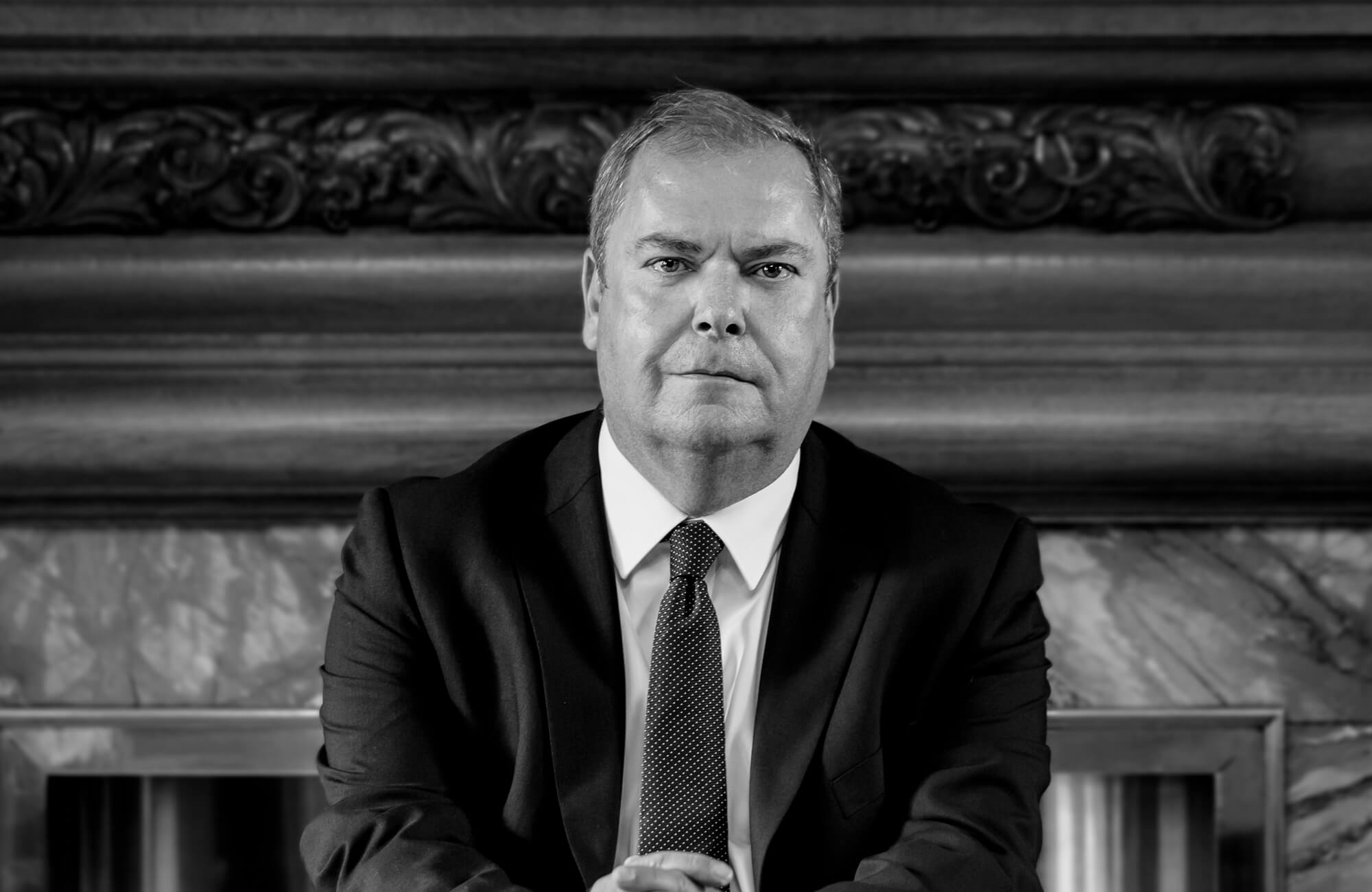Russian courts have described as ‘scandalous’ and a ‘discredit to the honour of judges’ the suggestion that they are susceptible to powerful influence behind the scenes and are not independent.
Cranston J has given support to the Russian legal system in the case of OJSC Bank of Moscow v Chernyakov 2016 EWHC 2583 (Comm), by giving summary judgment on behalf of a Russian bank against Mr Chernyakov who gave personal guarantees on behalf of his company, which became insolvent. The company had a number of infrastructure contracts with the City of Moscow. The Bank of Moscow sought to seek enforcement of “three binding conclusive and final [Russian] judgments” against Mr Chernyakov who was resident in England on the grounds that he had no arguable defence.
Mr Chernyakov sought to oppose the application, on the following grounds:-
– Fraud
– Breach of natural justice
– Public policy (which includes situations where a foreign court is corrupt or susceptible to improper influence)
– Violation of the right to a fair trial
The grounds also included the alleged failure of proper notification of the proceedings.
All arguments failed, including the allegation that the guarantees were given under duress and that the courts were acting on influences behind the scenes, “telephone justice”.
Cranston J found that the Russian judgments were straightforward and rational, ordinary claims under guarantees against an experienced businessman. They did not fall into the category where the English Court was able to infer departures from normal judicial practice or irrational conclusions.
Russian courts have described as ‘scandalous’ and a ‘discredit to the honour of judges’ the suggestion that they are susceptible to powerful influence behind the scenes and are not independent.
Cranston J has given support to the Russian legal system in the case of OJSC Bank of Moscow v Chernyakov 2016 EWHC 2583 (Comm), by giving summary judgment on behalf of a Russian bank against Mr Chernyakov who gave personal guarantees on behalf of his company, which became insolvent. The company had a number of infrastructure contracts with the City of Moscow. The Bank of Moscow sought to seek enforcement of “three binding conclusive and final [Russian] judgments” against Mr Chernyakov who was resident in England on the grounds that he had no arguable defence.
Mr Chernyakov sought to oppose the application, on the following grounds:-
– Fraud
– Breach of natural justice
– Public policy (which includes situations where a foreign court is corrupt or susceptible to improper influence)
– Violation of the right to a fair trial
The grounds also included the alleged failure of proper notification of the proceedings.
All arguments failed, including the allegation that the guarantees were given under duress and that the courts were acting on influences behind the scenes, “telephone justice”.
Cranston J found that the Russian judgments were straightforward and rational, ordinary claims under guarantees against an experienced businessman. They did not fall into the category where the English Court was able to infer departures from normal judicial practice or irrational conclusions.

